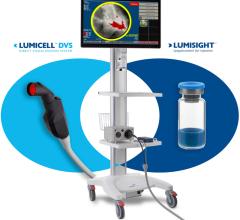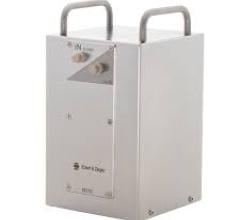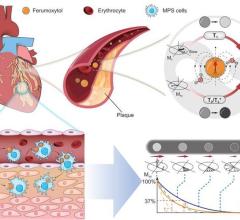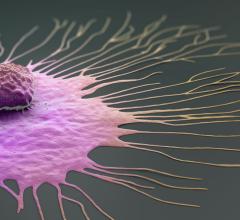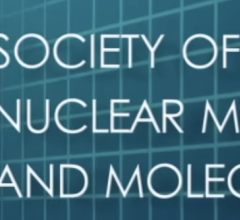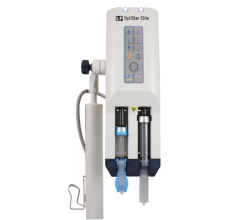September 4, 2008 - Cancer patients in Europe, and possibly worldwide, may face a longer wait for diagnostic tests and treatments as a nuclear reactor in the Netherlands that supplies medical isotopes extended its shutdown for potential safety reasons.
Nuclear Research and Consultancy Group, which operates the reactor in Petten, in northwestern Netherlands, said Wednesday it would not start up the reactor again before the end of October.
About 15 to 20 percent of Canada's medical isotopes come from overseas, including the Petten facility, according to Health Canada.
"The consequences of this further delay will have an impact on the medical isotope market," the Dutch company said in a statement.
"NRG will not produce any medical isotopes in the months September and October (until 25th of October). We have already informed our customers about the situation. We are assisting in the search for alternative supply routes."
NRG stopped activity at the reactor after air bubbles were discovered in its cooling system. The company has said there is no danger to the public or the environment.
The reactor is the second-biggest producer of medical isotopes worldwide after Atomic Energy of Canada Ltd.'s facility at Chalk River, ON. The Dutch reactor produces the majority of the world supply of isotopes of the element technetium, which give off radiation used in medical imaging and disease treatments.
Technetium-99m is used in 80 percent of diagnostic imaging that uses nuclear medicine technology, including imaging of the heart, kidney and brain. NRG-made isotopes account for seven million diagnostic tests per year in Europe and eight million per year in the U.S., according to the company.
Last week, AECL said that, given the problems in the Netherlands, the nuclear reactor at Chalk River, ON, could ramp up to meet Canada's demand for medical isotopes if required.
But MDS Nordion, a Canadian company that buys isotopes from AECL and sells them to pharmaceutical manufacturers, said: "MDS Nordion does not determine the allocation of medical isotopes to specific end users," such as hospitals in Canada or worldwide.
"We are concerned there is currently no reliable, long-term isotope supply solution to meet this growing demand. As a result, there is risk of isotope shortages recurring," MDS Nordion said in a statement last week.
In December 2007, unexpected problems during routine maintenance at Chalk River forced the reactor to be taken offline, causing a shortage of medical isotopes worldwide.
Source: cbcnews.ca
For more information: www.cbc.ca


 October 09, 2025
October 09, 2025 



